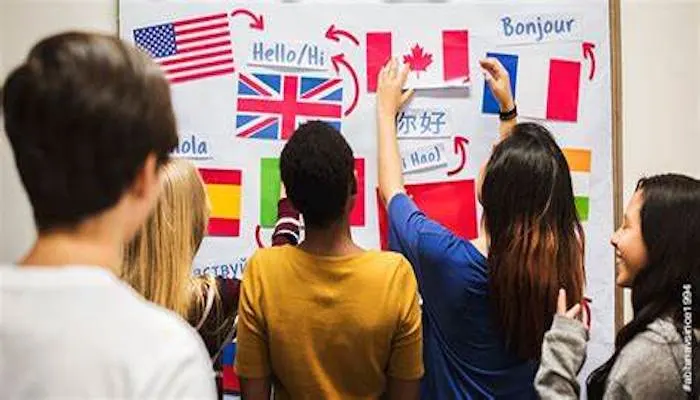Los Angeles, CA — Recent protests in Los Angeles against President Trump’s immigration raids have reignited debates over the rights of non-citizens to demonstrate. While the U.S. Constitution guarantees free speech and peaceful assembly for everyone—regardless of immigration status—participating in protests can carry unique risks for visa holders, green card recipients, asylum seekers, and undocumented individuals.
Here’s a breakdown of immigrants’ rights and precautions when joining demonstrations.
Constitutional Protections for Immigrant Protesters
The First Amendment safeguards free speech and peaceful assembly for all individuals on U.S. soil, including non-citizens. However, immigration status can complicate interactions with law enforcement. Key rights include:
The right to remain silent – If questioned by immigration officers, you are not required to disclose your birthplace, entry status, or other details. Politely state that you decline to answer.
The right to legal counsel – If detained, request a lawyer immediately. Do not sign documents without legal advice.
The right to refuse searches – Officers cannot search you or your belongings without probable cause, though they may conduct a limited pat-down if they suspect a weapon.
Carry valid documents if required – Non-citizens over 18 with lawful status must carry immigration papers. Refusing to present them when asked may lead to consequences.
Potential Risks for Non-Citizens
While protests are constitutionally protected, arrests or criminal charges—even for minor offenses—can jeopardize immigration status, including:
Visa revocation – Arrests may trigger scrutiny during renewals or adjustment of status.
Deportation proceedings – While deportation requires legal hearings, protest-related charges could escalate removal risks.
DACA/TPS complications – Beneficiaries of Deferred Action for Childhood Arrivals (DACA) or Temporary Protected Status (TPS) could lose protections if arrested.
Peaceful Protest vs. Unlawful Activity
Federal law lacks a strict definition of “peaceful protest,” leaving interpretation to local authorities. Key distinctions:
Peaceful protests – Organized, nonviolent gatherings with a clear message.
Riots – Uncontrolled, potentially violent assemblies with property damage or injuries.
International students should exercise caution: Visa conditions may be violated even in minor legal infractions.
Related topics:
- Benefits for Illegal Immigrants: What Are They Eligible For?
- Section 245(i) Immigration: A Comprehensive Guide
- What Is Canadian Citizenship? All You Need to Know


